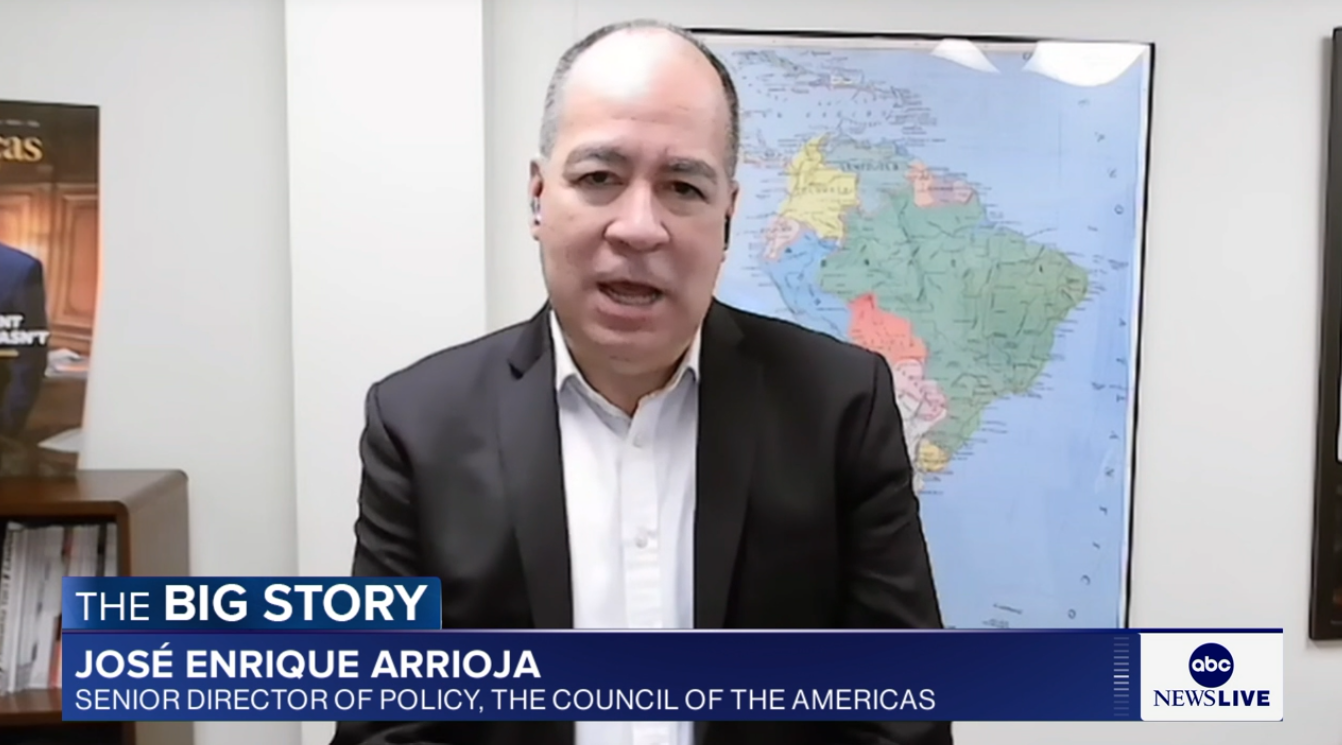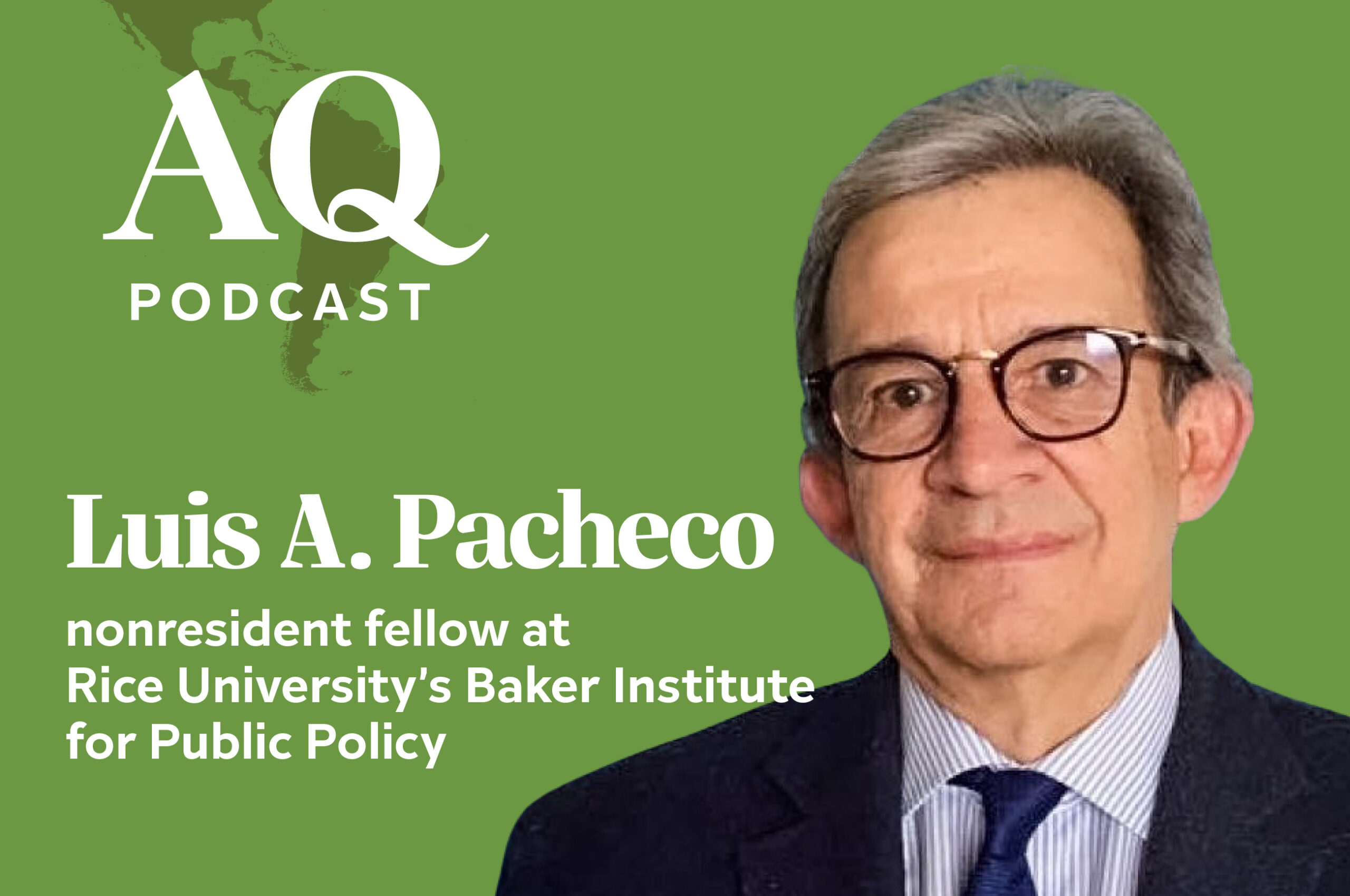Playing Defense
Playing Defense
A proposal to create a South American defense alliance arose last week during a Brazil-Venezuela summit. As tensions between Ecuador and Colombia continue, Brazilian officials recommend a defense board to mediate in regional disputes.
Amid energy and agricultural negotiations, leaders discussed the idea of a South American defense council during Venezuelan President Hugo Chávez’s trip to Brazil last week. Brazilian President Luiz Inacio Lula da Silva previously suggested creating a regional security alliance with the goal of preventing and mediating conflicts. The proposed council has been compared to a South American version of the North Atlantic Treaty Organization.
Chávez supported the idea of the defense council while in Recife, calling the opportunity “extroardinary” and said the alliance would serve as a tool against neoliberalism. Despite Chávez’s anti-Washington rhetoric, his meeting with Lula came days after Brazilian Defense Minister Nelson Jobim visited his U.S. counterpart Robert Gates and toured U.S. military facilities. During U.S. Secretary of State Condoleezza Rice’s trip to Brazil in mid-March, she responded to a question about Brazil’s idea of creating a defense alliance, saying, “I not only have no problem with it, I trust Brazil’s leadership and look forward to coordination with it.”
In recent months, increased military spending by Brazil and Venezuela has spurred discussion about the possibility of a Latin American arms race. A fall article in Brazil’s Epoca examined Venezuela’s arms build-up and whether it should cause concern in Brasilia. However, in an interview with TIME, the South America defense analyst for Jane’s suggested drug traffickers and the presence of Fuerzas Armadas Revolucionarias de Colombia (FARC) guerilla rank higher among Brazilian security concerns than and arms race with Venezuela.
Brazilian officials propose the regional council as a means to deepen integration, diffuse tensions, and boost collaboration. In December, Brazilian Foreign Minister Celso Amorim suggested a South American Defense Board could serve “unbind conflicting knots and regional mistrusts.” He proposed addressing the matter at the summit of South American Union (UNASUR), scheduled to take place in Cartagena, Colombia March 28 and 29. However, officials in Bogota postponed the meeting after the Andean border crisis, sparked by a Colombian military attack on a FARC camp just inside Ecuadorian territory.
While the indefinite delay of the UNASUR conference may have postponed discussion of a defense board, the ongoing tensions between Colombia and neighboring Ecuador and Venezuela—prompting calls for Brazil to mediate the dispute—renewed Brazilian proposals for the alliance. Defense Minister Jobim, who said Chile and Argentina had informally agreed to the idea, pushed for forming the alliance before the end off 2008.
Tensions continue in the Andean region, particularly between Ecuador and Colombia. Ecuador has not yet restored full diplomatic relations with Colombia following the March raid. At the end of March, Quito filed a lawsuit (PDF) with the International Court of Justice against Bogota, charging Colombia with failing to restrict anti-coca near the border that it says harmed residents and livestock on the Ecuadorian side of the border. Colombia, in turn, condemned Ecuador for flying a helicopeter into its air space on Sunday.








